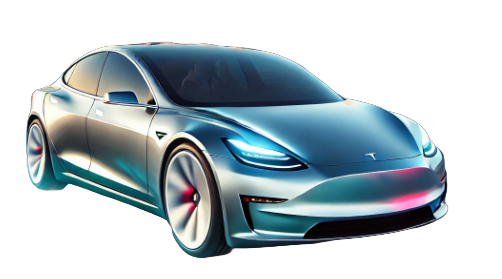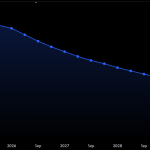We’ve all witnessed the evolving relationship between Elon Musk, the CEO of Tesla, and Donald Trump. Throughout Trump’s election campaigns, Musk made significant investments and showed public support for Trump, which likely influenced how the public and the media perceived him. The relationship between these two high-profile figures is rooted in both business interests and political influence, and several factors contribute to why Musk has supported Trump over the years.

Tesla is currently facing tough competition from other companies in the electric vehicle (EV) market, particularly BYD, a Chinese automaker that has become increasingly popular. BYD has gained a strong foothold in the market, especially in Europe, because its vehicles are sold at much lower prices compared to Tesla’s. Warren Buffet, the famous investor, has even put his money into BYD, highlighting the company’s promising potential. With prices starting at around €14,000 for a BYD EV, it creates a major pricing challenge for Tesla, whose vehicles tend to be much more expensive, often priced above €30,000. Consumers now have to make a difficult decision: should they opt for a more affordable, but potentially lower-quality Chinese EV, or go for a more expensive, higher-quality Tesla vehicle?
What makes this situation even more challenging for Tesla is the growing popularity and production capacity of BYD. The Chinese company has been able to produce EVs at a lower cost, making it an attractive choice for consumers, especially in the European market. BYD’s cost-effective production strategy has allowed it to offer vehicles at much lower prices, giving Tesla a run for its money.
However, Elon Musk is known for his ability to navigate tricky business environments, and he is likely aware of the competitive threat BYD poses. Musk’s strategy may involve making sure that Tesla has an edge in other ways—especially through political influence. If Trump were to win a second term and reenter the White House, it could lead to significant changes in trade policies that would benefit Tesla. One of the key ways this could happen is by implementing higher taxes on Chinese-made vehicles, including those from BYD. If this were to happen, Tesla could see a major boost in sales and profitability, particularly in the U.S. and European markets, where Tesla has a large presence.
Tesla is expected to announce its Q4 earnings report on January 29th, 2025. Investors will be eagerly awaiting this report since it will offer important details about Tesla’s performance in the final quarter of 2024. From various sources, we have learned, that Tesla delivered 1.78 million cars in 2024, which was just less than the 1.8 million analysts had predicted. This is the company’s first year-over-year drop in deliveries, which raises the possibility that Tesla is being impacted by heightened competition and changing market dynamics. The current state of the global economy, shifting consumer preferences, and new rivals like BYD have probably all contributed to Tesla’s lower-than-expected performance.


